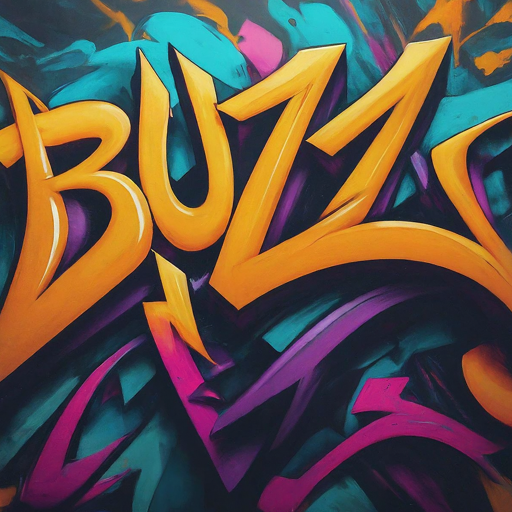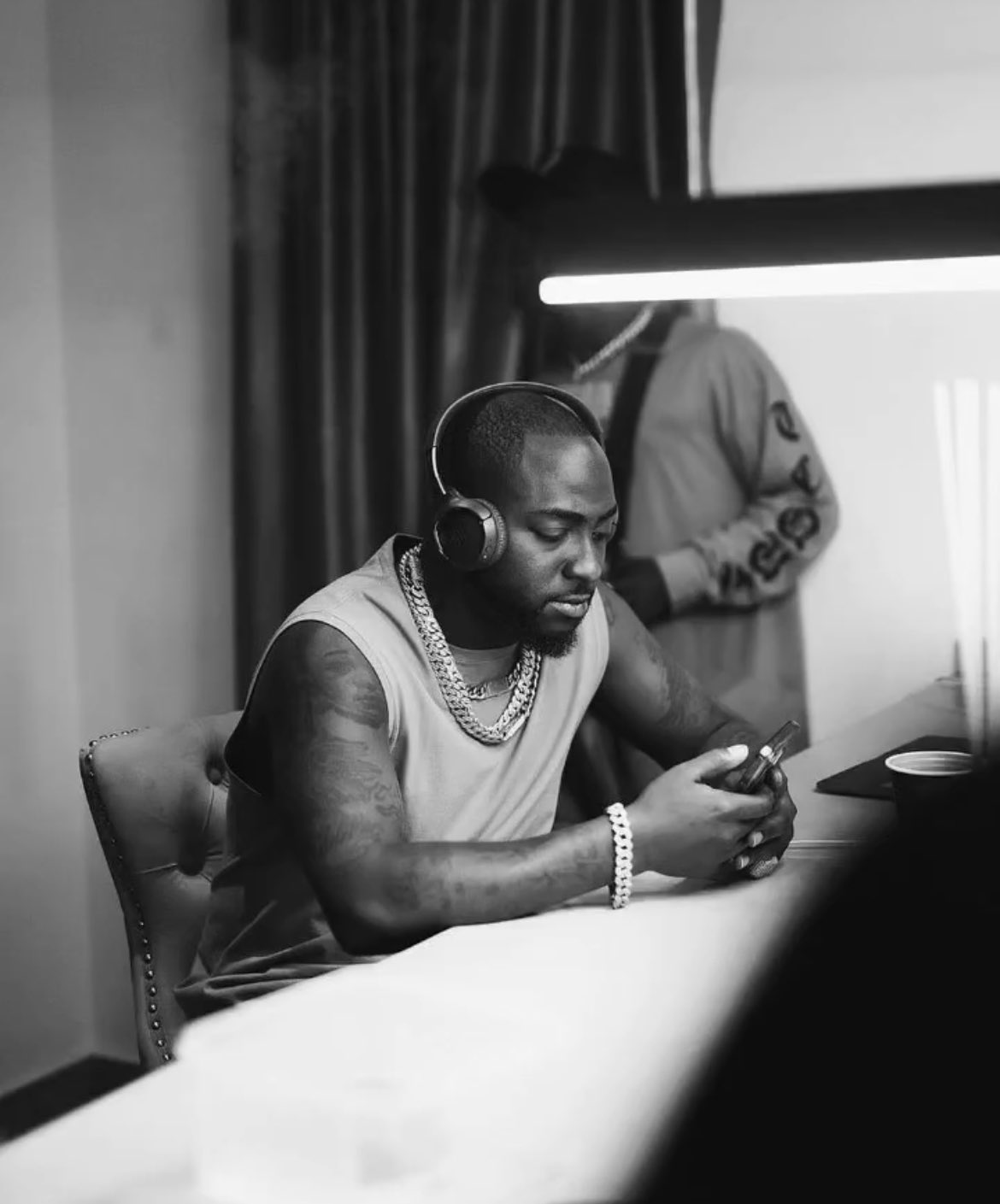Unravel the distinct musical style of Burna Boy, a Nigerian artist who has gained global recognition for his unique sound.
The Rise of Burna Boy: From Nigerian Roots to Global Stardom
Burna Boy, whose real name is Damini Ebunoluwa Ogulu, was born on July 2, 1991, in Port Harcourt, Nigeria. Coming from a family of music lovers, he developed a passion for music at a young age. Burna Boy's journey in the music industry began in 2010 when he released his debut single 'Freedom.' Although it didn't gain much traction, it laid the foundation for his future success.
Over the years, Burna Boy honed his craft and started gaining recognition in Nigeria. His breakthrough came in 2012 with the release of his single 'Like to Party,' which became an instant hit. He followed it up with his debut album 'L.I.F.E' (Leaving an Impact for Eternity) in 2013, which further solidified his place in the Nigerian music scene.
Burna Boy's music is deeply rooted in his Nigerian heritage. He often incorporates Afrobeat, a genre pioneered by his idol Fela Kuti, into his songs. This fusion of traditional African rhythms, highlife, reggae, and dancehall creates a unique sound that sets him apart from other artists. Burna Boy's music is a reflection of his experiences, struggles, and triumphs as an African artist.
As Burna Boy's popularity grew in Nigeria, he set his sights on conquering the global music scene. In 2018, he released his third studio album 'Outside,' which received critical acclaim and introduced him to a wider international audience. The album featured collaborations with international artists like Lily Allen, J Hus, and Mabel, showcasing Burna Boy's ability to seamlessly blend his Afrobeat sound with contemporary elements.
Burna Boy's rise to global stardom continued with the release of his fourth studio album 'African Giant' in 2019. The album received widespread praise and earned him a Grammy nomination for Best World Music Album. Burna Boy's music has become a symbol of pride for Nigerians and Africans worldwide, as he represents the richness and diversity of African culture.
Infusing Afrobeat with Contemporary Elements: Burna Boy's Signature Sound
One of the defining characteristics of Burna Boy's music is his ability to infuse Afrobeat with contemporary elements. While staying true to the Afrobeat genre, he seamlessly incorporates elements of hip-hop, R&B, reggae, and dancehall into his songs. This fusion of different genres creates a fresh and unique sound that appeals to a wide audience.
Burna Boy's signature sound can be heard in songs like 'Ye,' 'On The Low,' and 'Anybody.' These tracks blend infectious melodies, catchy hooks, and rhythmic beats, creating a captivating musical experience. His distinct vocal delivery and lyrical prowess further contribute to his unique sound.
By infusing Afrobeat with contemporary elements, Burna Boy has successfully bridged the gap between traditional African music and modern global music trends. His music resonates with people from different cultural backgrounds and has played a significant role in popularizing Afrobeat on a global scale.
Political and Social Commentary in Burna Boy's Music
Burna Boy's music goes beyond entertainment; it serves as a medium for political and social commentary. He uses his platform to shed light on various issues affecting Nigeria and Africa as a whole. Through his lyrics, Burna Boy addresses topics such as corruption, inequality, police brutality, and the struggles faced by the youth.
One notable example is his song 'Monsters You Made,' which delves into the consequences of colonization and the impact it has on African nations. Another powerful track is 'Another Story,' where Burna Boy highlights the historical and political realities of Nigeria.
Burna Boy's music serves as a voice for the voiceless, amplifying the concerns and aspirations of the African people. His fearless approach to addressing social and political issues has earned him respect and admiration from fans and critics alike.
Influences and Inspirations: Exploring Burna Boy's Musical Palette
Burna Boy draws inspiration from a wide range of musical influences, which contribute to his diverse musical palette. Growing up, he was exposed to various genres, including reggae, dancehall, hip-hop, and Afrobeat. Artists like Fela Kuti, Bob Marley, and Damian Marley have had a profound impact on his music.
Fela Kuti, in particular, is a significant influence on Burna Boy's sound. Fela pioneered the Afrobeat genre and used his music as a tool for political activism. Burna Boy pays homage to Fela's legacy by infusing his music with similar political undertones and social commentary.
Apart from musical influences, Burna Boy also draws inspiration from his personal experiences, cultural heritage, and the vibrant music scene in Nigeria. He constantly seeks to push boundaries and explore new sounds, resulting in his unique and ever-evolving music style.
The Impact and Legacy of Burna Boy's Unique Music Style
Burna Boy's unique music style has left an indelible mark on the Nigerian music industry and beyond. His success has opened doors for other African artists to gain recognition on the global stage. He has become a symbol of African excellence and a source of pride for Nigerians and Africans worldwide.
Burna Boy's music has resonated with people from different backgrounds, transcending barriers of language and culture. His ability to blend traditional African sounds with contemporary elements has made Afrobeat more accessible and appealing to a wider audience.
Furthermore, Burna Boy's music serves as a platform for showcasing African talent and culture. He uses his platform to promote African fashion, art, and traditions, shedding light on the richness and diversity of the continent.
In conclusion, Burna Boy's unique music style represents a new wave of African artists making their mark on the global music scene. With his distinct sound, political and social commentary, and cultural influence, he continues to inspire and captivate audiences worldwide.




